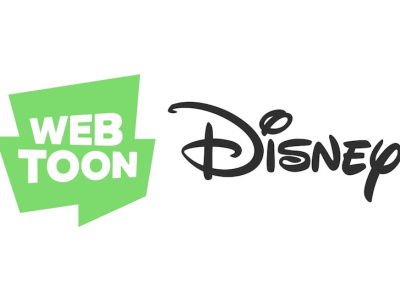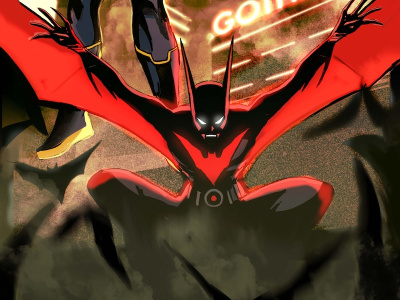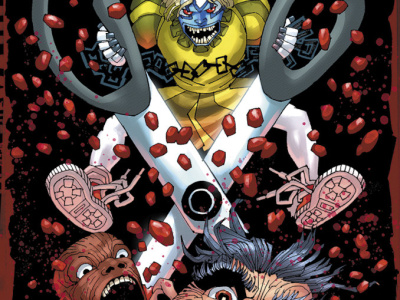
In spite of the fact that Martin Campbell’s Green Lantern, which cost over $200 million to produce (and perhaps as much as an additional $150 million to promote), has no chance of ever making a profit, Warner Bros. executives are still apparently bullish on the franchise and are still talking sequel. Certainly there is no way that Campbell’s film will ever get anywhere close to the worldwide box office total of $500-$600 million that it would need to even begin to get close to profitability. It will finish its domestic run with just $115 million, and so far it has earned a meager $40 million overseas.
Nevertheless Warner Bros. Film Group President Jeff Robinov told the L.A. Times: “We had a decent opening so we learned there is an audience. To go forward we need to make it a little edgier and darker with more emphasis on action… And we have to find a way to balance the time the movie spends in space versus on Earth.”
What makes Robinov’s comments appear rather delusional is the fact that he fails to address the reasons that movie audiences didn’t embrace the Green Lantern. It certainly was not a lack of action that doomed the film, and the very nature of the Green Lantern property with its elaborate “Guardians” cosmology demands that the character spend much of his time cavorting about in deep space.
The studio has an outline for a sequel that was created by Greg Berlanti, Michael Green, and Marc Guggenheim, all of whom worked on the screenplay for Campbell’s film. According to the Times, insider sources indicate that the studio will make major changes to the outline, or perhaps start over in developing the sequel.
One interesting new twist that the Times brought to light was the fact that Campbell has the option to direct a sequel, which means that since Warners wants to use a different director on a potential sequel, the studio would have to provide Campbell with some sort of a payout, or perhaps a chance to direct a different film. Earlier reports indicated that Campbell wasn’t interested in directing a sequel, but that might have been wishful thinking on the part of the studio.
Almost immediately after the Green Lantern’s disappointing opening, studio executives were talking about a sequel (see “Warner Bros. Planning Second Green Lantern Movie”), though the snickers that those comments occasioned caused a studio spokesperson to “walk” those comments back (see “Green Lantern Sequel Still in Doubt”). But Robinov’s recent remarks indicate just how much of a priority establishing a Green Lantern franchise is to the current regime at Warners. However unlikely it might appear now with the studio having basically flushed $250-$300 million down the toilet, a sequel is still indeed possible if the current regime stays in power.
A Green Lantern sequel would have to be less costly—and given that some of this summer’s other big budget films like Cowboys & Aliens appear like they won’t be able to earn their money back, an era of “austerity” in budgeting may be inevitable in Hollywood given the decline in DVD revenues and the 2011 drop in box office earnings.
But more importantly and potentially more disastrously for the studio, emphasis on a Green Lantern sequel could deflect efforts from other DC heroes, like The Flash, who may have more box office potential in the long run. Robinov told the Times that the studio has a “solid script” for The Flash. Why not run that up the flagpole before throwing more money and effort at Green Lantern?
Warner Bros. is assured of a hit with Christopher Nolan’s The Dark Knight Rises next summer, and Zack Snyder’s Man of Steel certainly has the potential to further the DC Comics brand on the big screen in 2013, but after that it’s anyone’s guess what Warner Bros., which will have to replace billion-dollar hits like the Harry Potter and Nolan Batman movies, will do. If Marvel’s Avengers movie hits, it is likely that Warners will respond with a Justice League team-up film, but after the Batman and Superman films have run their course, all bets are off, and the long term DC-based movie outlook remains as murky as ever.







